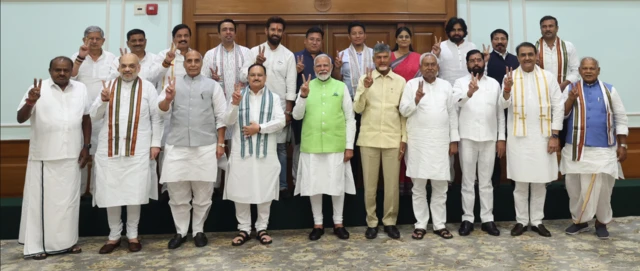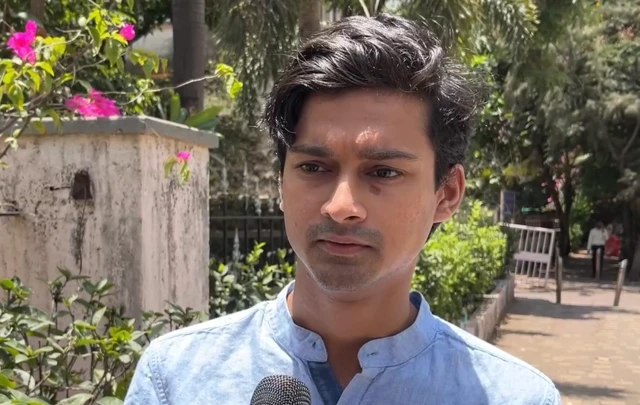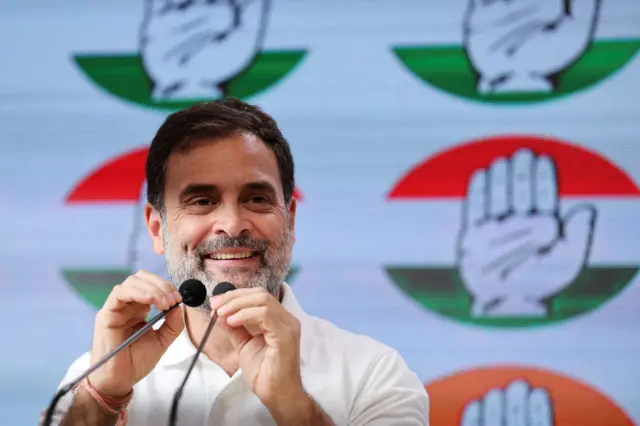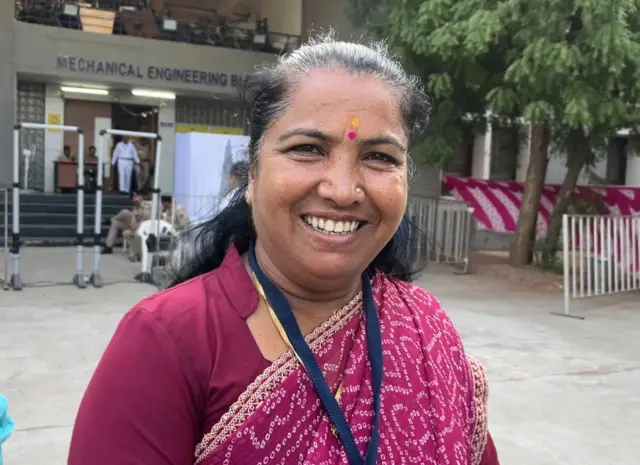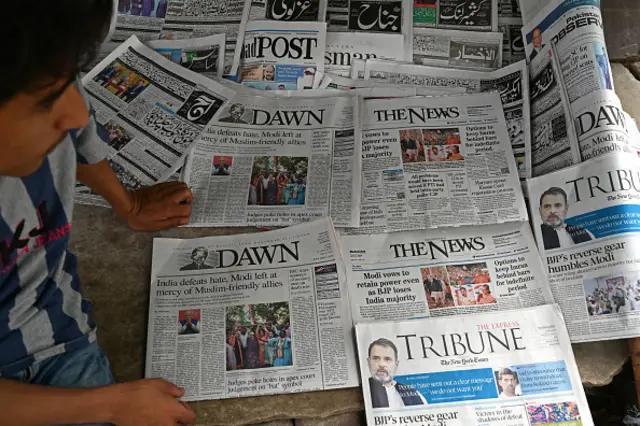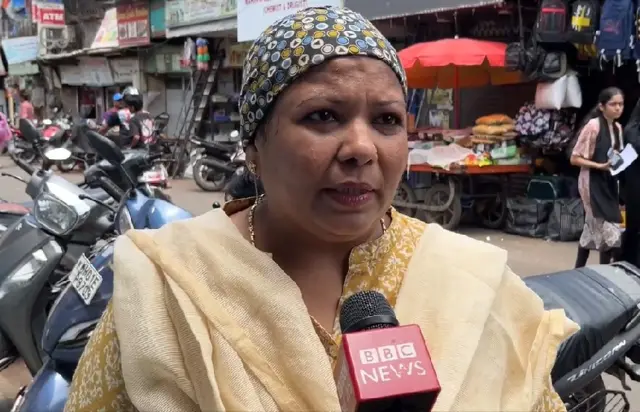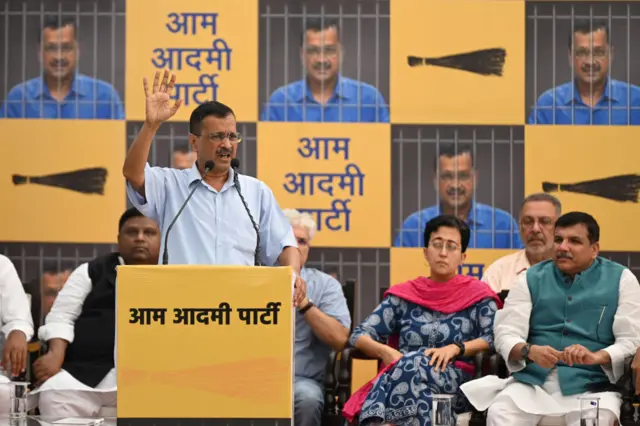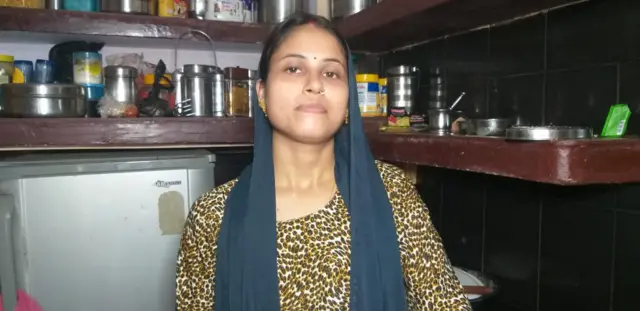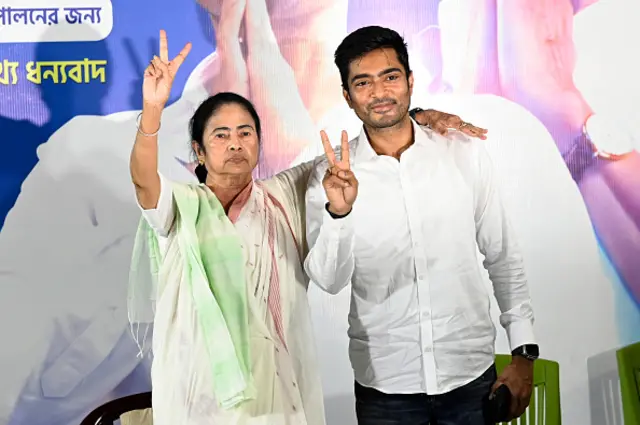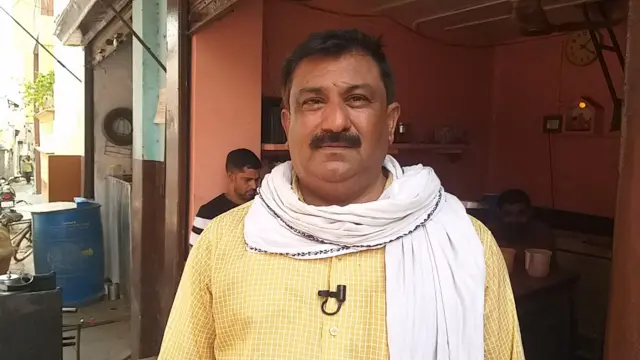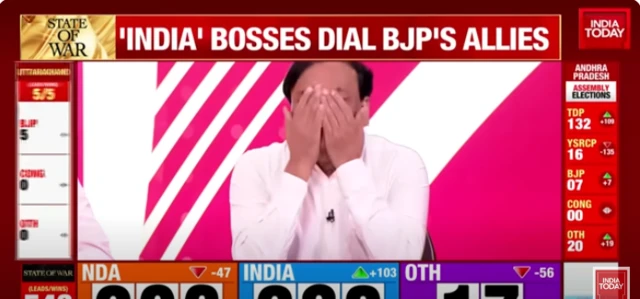That's all for todaypublished at 16:02 BST 5 June 2024
We are pausing our live coverage of India's election results. The past two days have been momentous for the country as Narendra Modi's party fell far short of a landslide victory, instead having to depend on allies to form the government.
The opposition, on the other hand, has much to celebrate as its partnership brought it better results than anyone had predicted.
As Modi looks set to return as prime minister, it will be interesting to watch how he deals with managing not just his partners but also rivals stronger than they have been at any time during the past 10 years of his rule.
Read more about today's development's here

